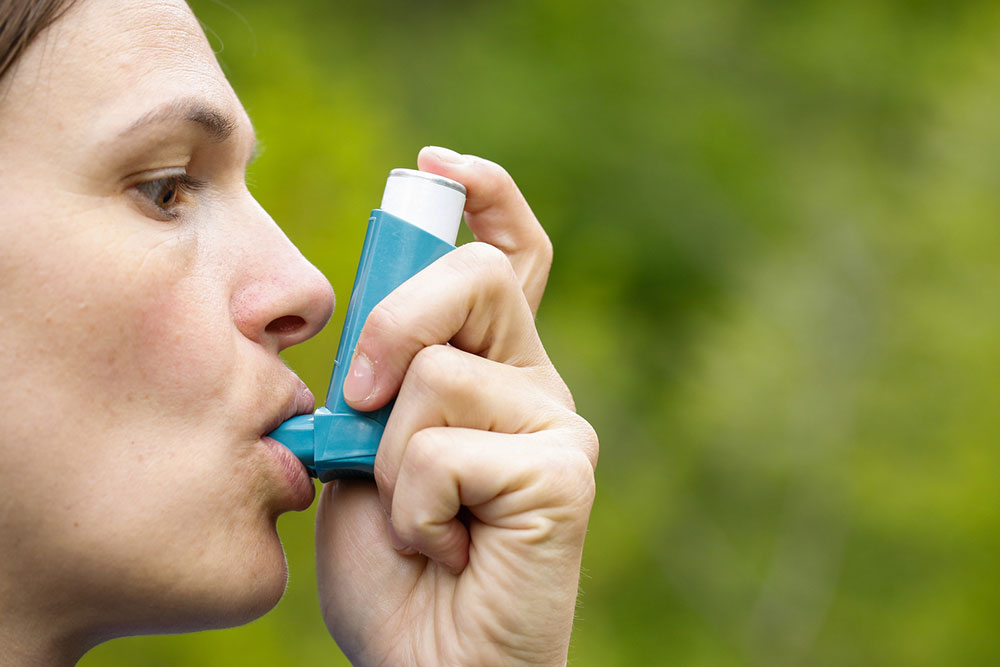Top Strategies to Minimize Asthma Flare-Ups
Learn effective strategies to minimize asthma flare-ups with expert tips on controlling indoor air quality, managing allergens, reducing stress, adhering to a healthy diet, and preventing mold. These practical steps help asthma sufferers improve lung health and live more comfortably by avoiding common triggers and maintaining a safer environment, ultimately enhancing their quality of life.

Top Strategies to Minimize Asthma Flare-Ups
Asthma is a respiratory condition that causes breathing difficulties, coughing, wheezing, and other related symptoms. It is often triggered by air pollution, allergies, cigarette smoke, dust, cold weather, and sinus issues. People with asthma should focus on controlling or preventing flare-ups to improve their quality of life. Implementing effective strategies can reduce risks at home, work, outdoors, and school. Since there are no definitive cures, managing symptoms and minimizing triggers are essential for better health and well-being. Staying informed about prevention measures is vital for asthma sufferers.
Asthma patients should carry necessary medications to handle unexpected attacks. To prevent flare-ups, individuals can adopt the following practical tips.
Managing Indoor Humidity
Poor air quality, extreme temperatures, and humidity influence asthma symptoms. It’s recommended to keep indoor air clean to prevent attacks.
- Use air conditioning to regulate indoor humidity.
- Choose living environments with minimal airborne pollutants and dust.
- Limit exposure to temperature changes and damp conditions.
Controlling Dust and Allergens
Dust and mites can aggravate asthma. Keeping your home tidy reduces these triggers. Tips include:
- Regularly replace and clean HVAC filters.
- Minimize clutter and avoid using carpets and heavy drapes in bedrooms.
- Install window shades instead of dust-collecting blinds.
- Cover pillows and mattresses with allergen-proof covers.
- Wash bedding and fabrics with hot water regularly.
Reducing Stress and Promoting Relaxation
Stress can worsen asthma symptoms. Effective methods include:
- Practicing yoga and meditation.
- Maintaining a consistent sleep schedule.
- Using deep breathing exercises to stay calm.
- Seeking professional help to develop stress management techniques.
Eating a Healthy Diet
Proper nutrition supports lung health. Include foods high in omega fatty acids, vitamins C and D, and beta-carotene. Tips:
- Consume plenty of fresh fruits and vegetables.
- Avoid dairy if lactose intolerant.
- Add herbs and spices to reduce inflammation.
- Limit processed foods with preservatives.
Preventing Mold and Mildew Growth
Mold can worsen asthma symptoms. Prevent mold by:
- Fixing leaks and controlling moisture levels.
- Regularly cleaning mold-prone areas with soap and hot water.
- Consulting professionals for mold remediation.
Avoiding Smoke and Pollutants
Smoke is a major trigger for asthma. To reduce exposure:
- Quit smoking gradually.
- Stay away from smoky environments.
- Limit use of candles, incense, and fireworks.
Monitoring and Managing Illnesses
Prompt treatment of colds, flu, or sinus infections is crucial to prevent asthma flare-ups. Regular monitoring and consulting healthcare providers can help control symptoms effectively. Home remedies and proper medical care ensure better lung health. Following these tips leads to a healthier, more comfortable life for asthma patients.










